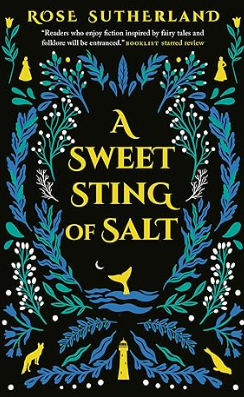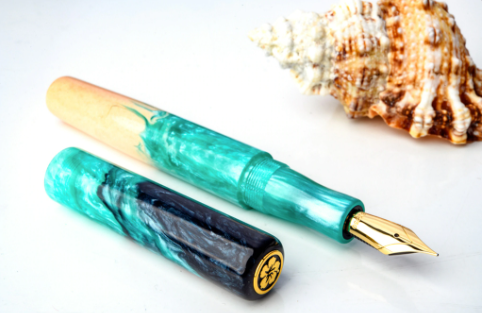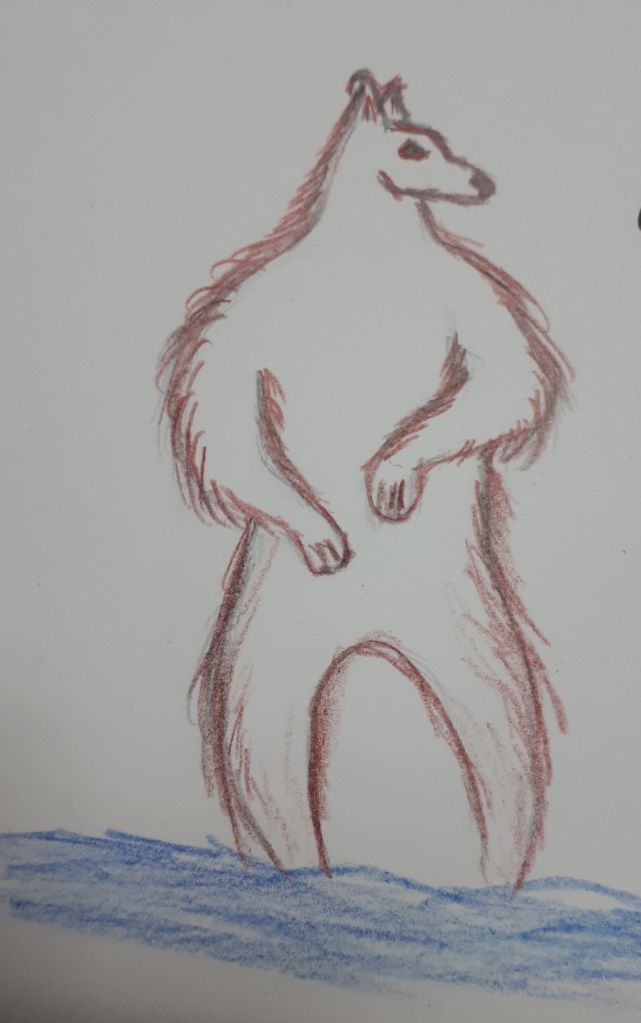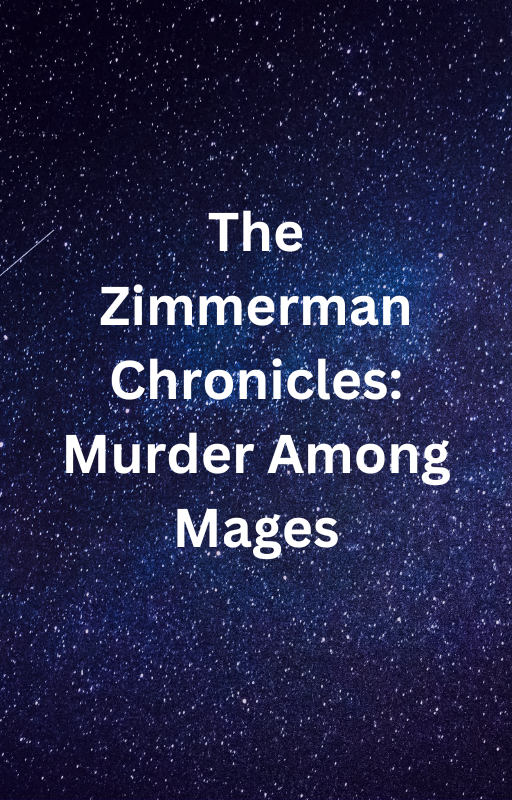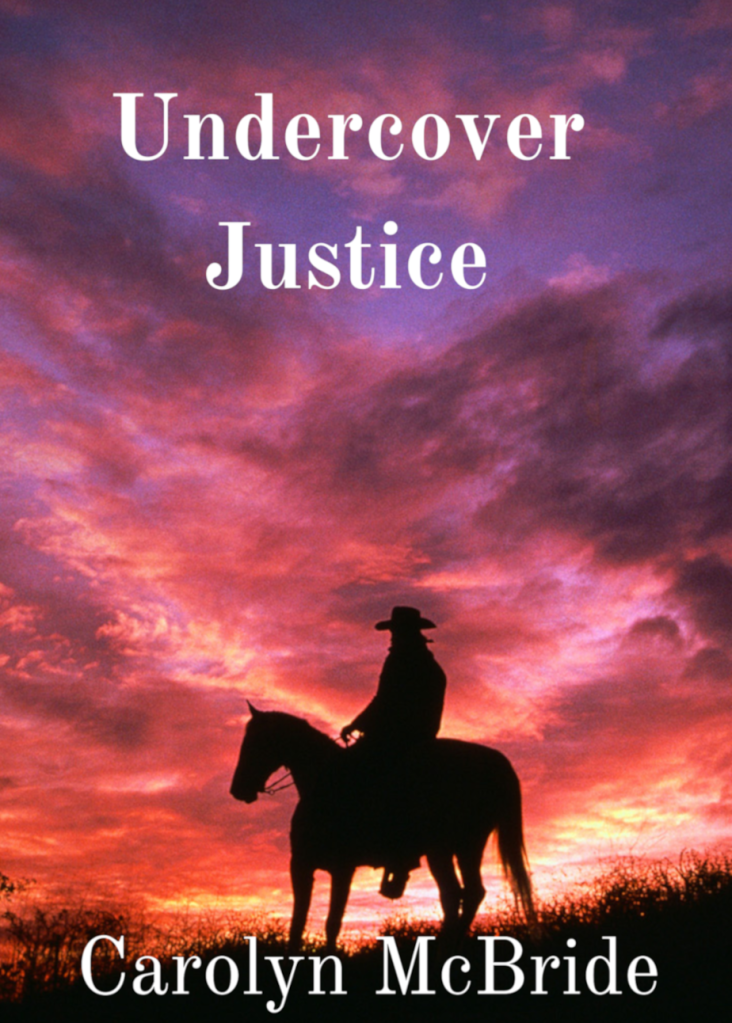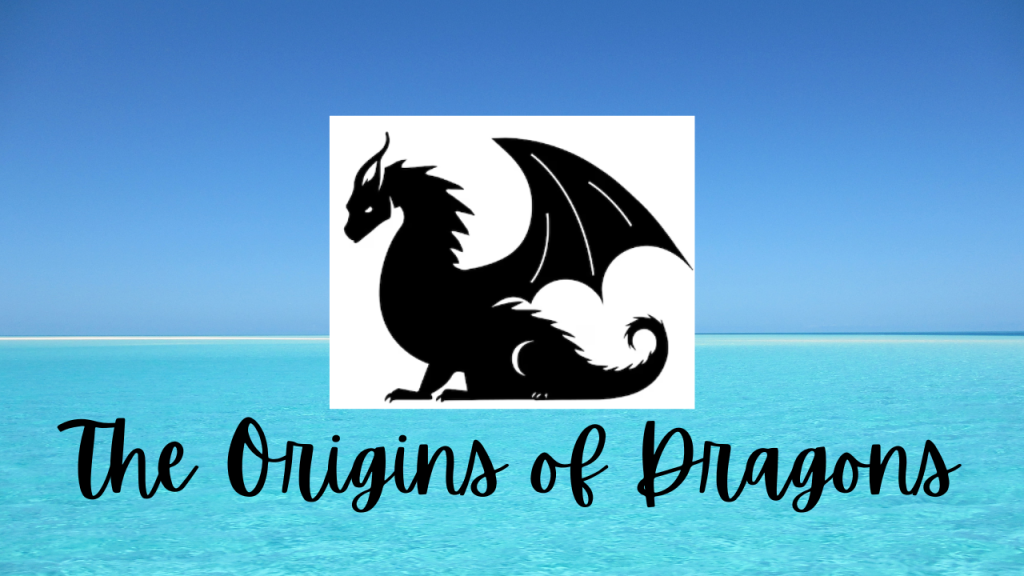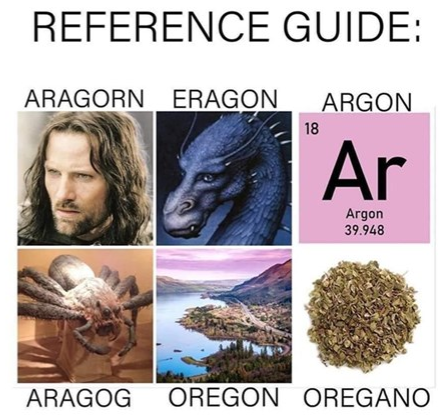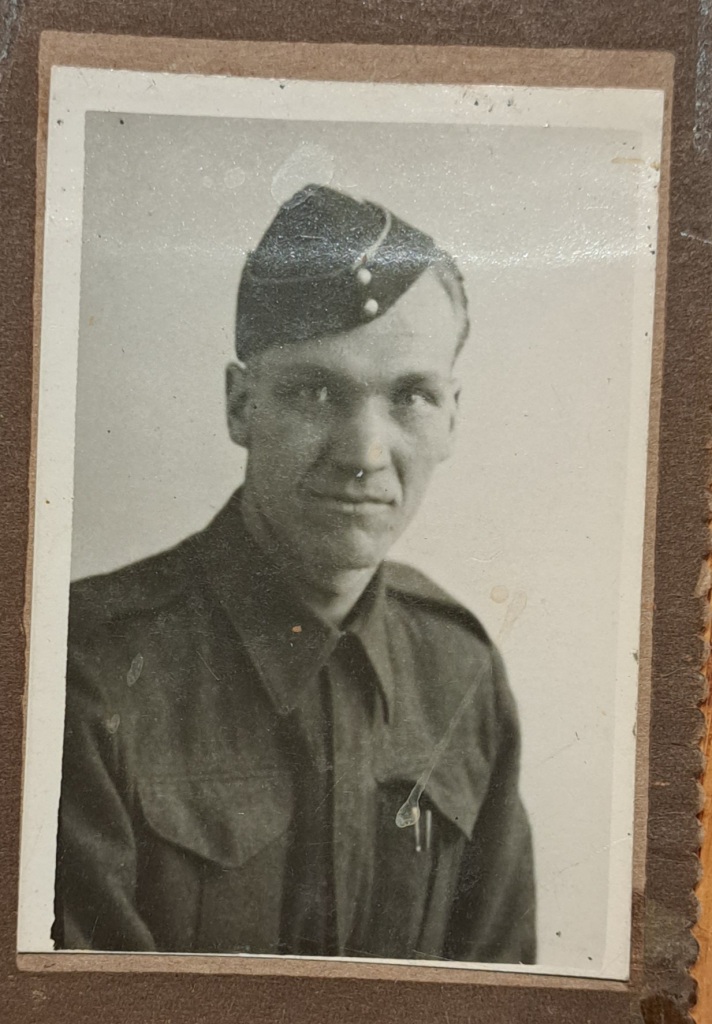Elara stood at the streetlight waiting for it to change, staring in astonishment across the road.
She could barely believe her eyes. She’d stood in this very spot just that morning and could have sworn on a stack of books that the sign for the library hadn’t been there then.
In the heart of the bustling city of Denham, where the smoke of industry blended with the ash of broken dreams, Elara found herself in a seemingly forgotten corner of the Lower District. She’d stood at that intersection only hours before with a different package in her hand, and she was certain the street had looked different. The narrow alley, flanked by towering buildings that seemed to reach the heavens, hadn’t been there earlier. She was sure of it.
Over the entrance to the alleyway stretched a sign with a street number on it. A number that matched the destination of the package Elara held. Her destination.
She checked the traffic to ensure she wasn’t going to be run over and crossed the intersection.
Denham was a bustling city of opposites. Rich and poor. Horse-drawn carriages and automobiles. Technology and magic. Death, life, and the search for immortality.
But magic could only get one so far, she knew. After that, your choices and tech could take you farther. But as far as she knew, immortality was still out of reach.
She found the doorway to the library halfway down the alley, on the right-hand side.
It was a metal door that had seen better days. Once, it had been painted red, but the color had flaked away in places, revealing the metal beneath. There were dents and scratches, but it was difficult to tell how long it had been here.
Elara glanced back up the alley toward the intersection, recalling how often she’d walked past and never noticed the alley.
She shrugged and pounded heavily on the door with the side of her closed fist.
As she waited for someone to answer, she wrinkled her nose at the sharp tang of urine in the air. Something rustled in a clump of tall grass at the base of the wall, she shifted her weight from one foot to the other, ready to run at the first sight of a rat.
Elara feared rodents, dreaded them, actually. It was a terror she couldn’t properly explain or rationalize away. No matter how often she’d tried.
Just as she turned to flee back up the alley, she heard the sound of a bolt being drawn back on the other side of the once-red door.
Instead of running, Elara stepped to the side, and as the door opened, she saw a short, wrinkled woman in a dark dress on the other side.
“Did anyone see you?” she asked.
Elara blinked at the unexpected greeting. “Um, no?”
“Hurry up then, come in before someone on the street glances this way,” the old woman gestured her in with impatient movements.
No sooner had Elara’s feet both stepped through the door than it was slammed abruptly behind her.
“Stand still for a minute and let your eyes adjust. Can’t have you tripping over your feet on the first day.”
Elara did as she’d been told while she pondered the woman’s words. First day?
As her eyes gradually adjusted, she could see that she was in a sitting room. There were three chairs placed in a semi-circle around a small table, laid for tea. The room was lit by wall sconces and a fireplace set off to the side. A large carpet hid floorboards beneath.
“Better?” the old woman asked.
“Yes.”
“Good. Have a seat.”
“Oh no, I’m just supposed to deliver this,” Elara lifted the package wrapped in brown paper. “To Miss Agatha Zimmerman…”
“Well, that’s me. But I need to verify the contents. You’ve been on your feet all day, I expect. You are Elara Emerson?” she asked in an Irish brogue.
“Yes.”
“Then your feet would likely benefit from a rest. Sit and pour us tea while I check this,” Before Elara could object further, the old woman…Agatha…turned away and began to unwrap the package.
Elara sat gingerly in a chair on the end of the three. She was nervous about getting the chair dirty or breaking it. It looked as old as Agatha. By the time tea had been poured and a spoonful of sugar had been added to Elara’s, the old woman had settled into a chair with a heavy sigh.
“Alright,” her tone was almost brisk but her sharp blue eyes were tinged with sadness. “What do you know?”
“About what?”
“Hallan’s death, of course.”
“You know about Hallan?” Elara asked.
“I should think so, I trained her myself,” Agatha gave a little sniff as she smoothed her dress over her knees. “Who gave you the package to deliver?”
“No one. I went to Hallan’s house to gather a few things I’d left and found the package on the desk with a note propped against it instructing me to deliver it here.”
“Likely left by Garnet. So, what can you tell me about Hallan’s death?”
Elara blinked. “While I appreciate the tea, Ma’am, I don’t know who you are…”
“Agatha Zimmerman, Librarian. Long ago, my true name was known far beyond the borders of Denham.”
“True name?”
“Morrigan.”
“Like the Celtic goddess of death and rebirth?”
“One and the same. Pleased to finally meet you, Miss Emerson.”
Elara blinked again. “You mean to tell me that you’re…?”
“Yes,” the old woman interrupted.
“But…that’s not possible…”
“Of course it is!” Agatha interjected. “We live in a city where magic is, if not common, accepted in society. We are safe from invasion because magical wards protect us. This room is lit by magic, as are the rooms beyond. You were studying potion-making and divination from Hallan. So why should a goddess not be possible?”
“Because you’re…”
“Old?” Agatha interrupted again. She seemed to have a habit of doing that. “Yes, I am much older than you can comprehend. I could explain it to you, but you already look ready to faint away, so I won’t strain your imagination. Suffice it to say that I am the goddess of life, death, rebirth, and war. Among other things. Throughout the ages, I have…reinvented myself, let’s say. This time, I chose the guise of an old librarian. Non-threatening. Even-tempered. I was Hallan’s mentor for many years,” Agatha sipped at her tea before continuing.
“She came to me for advice when you sought her out for a mentor. She took on your magical training at my encouragement. She often told me you were quite gifted.”
“Thank you,” Elara murmured, still feeling off-kilter.
Agatha continued as if she hadn’t heard. “One day, Hallan came to me with suspicions that she’d made an enemy. She was being followed when she went out, threatening notes being sent through the post, and mysterious packages left at the door. I advised her to get a bodyguard…but clearly whoever killed her found a way around him. At any rate, not long ago, Hallan came to see me and we came to an understanding that if anything were to happen to her, I would take over your education in the magical arts and do what I could to bring her killer to justice.” Agatha handed her a sealed envelope that bore Elara’s name.
Elara set her cup down, tore the end off the envelope, and removed a piece of paper, folded once in half.
Elara,
If you’re reading this, I’m dead. I know that’s hard to read, but stay strong.
The woman who has given you this note is indeed who she says she is.
Agatha. Morrigan. Very old, very skilled.
She has agreed to teach you all the things I couldn’t. She has also agreed to find my killer. I ask that you be patient with her. Be curious. Be yourself. Work with her.
You have talents and skills as yet untapped. Agatha can help you with that.
She can be short-tempered. Blunt. Rough around the edges. But she can also be a good sounding board, a staunch ally, and a good friend. You can trust her.
I know you will grieve my passing. Do not lose yourself in your grief. Use it to find out who has been hunting me.
Make me proud,
Hallan
Elara sighed and returned the note to its envelope. “Alright, what happens now?”
Tune in next Monday to find out what Elara and Agatha do next!
